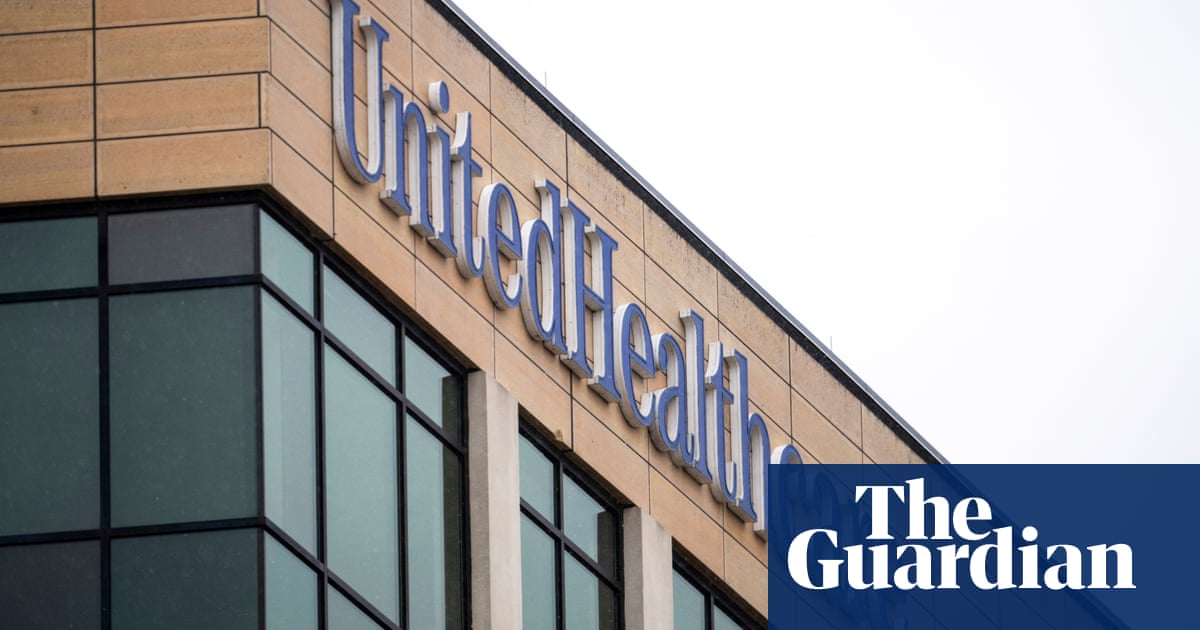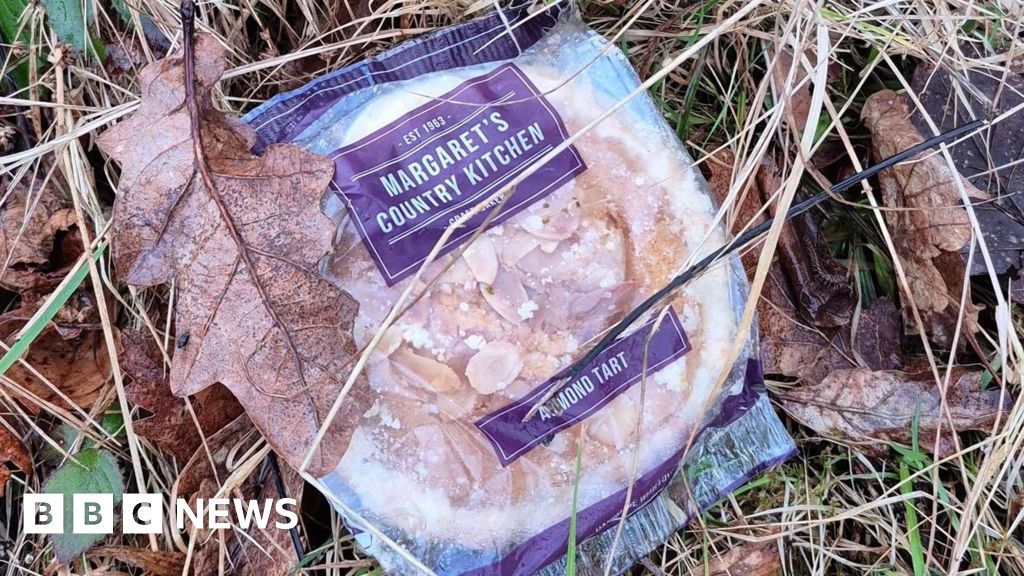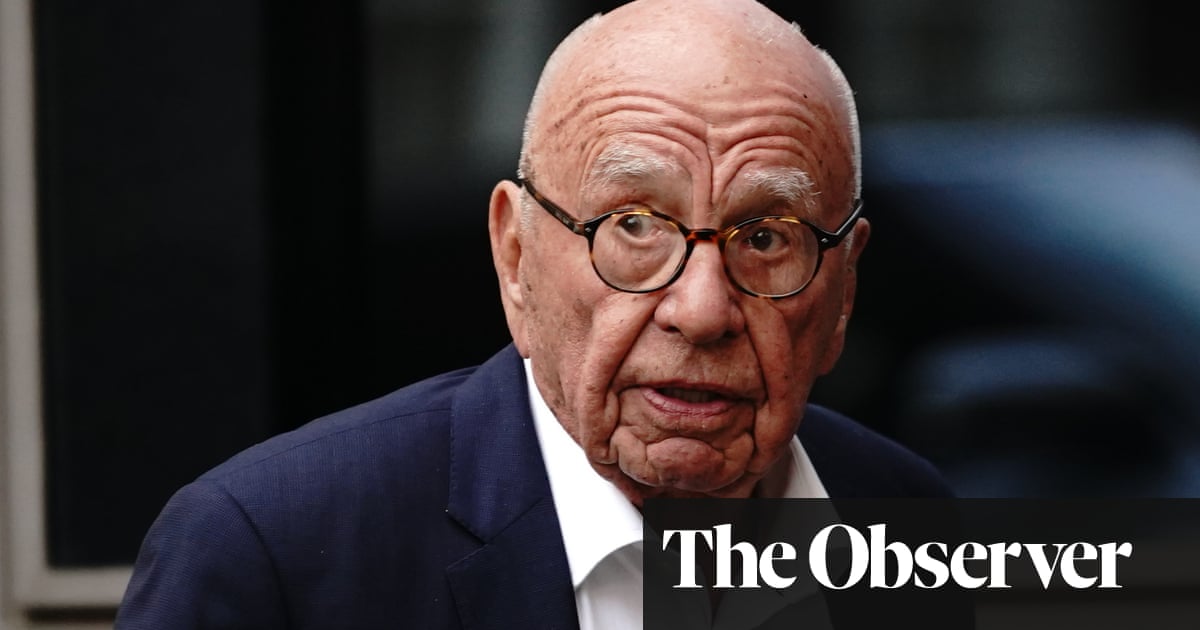When some of the mind games and manoeuvres that turned a Murdoch family “retreat” into an ordeal appeared in Succession, the TV drama about squabbling family members of a right-wing media company, members of the real-life family started to suspect each other of leaking details to the writers. The truth was more straightforward. Succession’s creator, Jesse Armstrong, said that his team hadn’t needed inside sources – they had simply read press reports.
Future screenwriters have been gifted a whole load of new Murdoch material in the past few days, after two astonishing stories in the New York Times and the Atlantic lifted the lid on the dysfunction, paranoia and despair at the heart of the most powerful family in global media.
The stories followed the end of the secret trial involving the fate of the Murdoch family trust. The mogul’s four eldest children – Lachlan, James, Elisabeth and Prudence – were set to inherit the family firm following Rupert’s death. But four years ago, just after turning 90, Rupert had tried to cut James, Liz and Prue out of their inheritance and hand the businesses over to Lachlan, his favoured heir who also happens to share his increasingly right-wing politics.
The lawsuit was brought by the three errant offspring, and in December a Nevada commissioner ruled in their favour, accusing Rupert and Lachlan of acting in “bad faith”. The trial took place in secret, but the fallout – thanks to the New York Times investigation and a 13,000-word Atlantic interview with James – has been anything but.
Among the highlights – or the lowlights if you’re a Murdoch – were the revelation that Rupert’s plan to disinherit three of his four eldest children was dubbed “Project Family Harmony”, that Rupert’s lawyer had accused the three children of being “white, privileged, multibillionaire trust-fund babies”, and that James now viewed his father as a “misogynist”. As Jesse Armstrong might have said, he didn’t need to make it up.
The fallout from this family saga will not just be felt by Rupert’s six children (two by his third wife, Wendi Deng, inherit an economic rather than controlling stake) but by a vast business empire which includes Fox News in the US, HarperCollins and news titles, including the Times and the Sun in the UK.
While News UK made no comment, a former adviser was furious at the potential impact. “It’s hard to overstate how uncertain everyone associated with the company feels right now. You’ve got some great journalists doing great work while squabbling billionaires fall out over even more money.”
The decision by the Nevada family court judge is still to be approved after Rupert and Lachlan lodged an appeal, but few lawyers believe they will succeed. If the dispute is to be settled before the trust dissolves in 2030, the most likely scenario is for a sale of parts of the business valued at a combined $43bn. Such disposals could end decades of Murdoch family influence in the US and British political systems.
The timing of this very public washing of the family linen comes just as the businesses themselves are enjoying a political and legal boom. The anti-environmentalist, right-wing causes espoused by Murdoch’s Fox News may be loathed by some of his children but are very much in tune with the new US president. About a week before the NYT exposé, a withered-looking Rupert was pictured in the Oval Office alongside President Trump.
Meanwhile, in the UK, News Corp has finally settled with Prince Harry, effectively ending a phone hacking scandal which kicked off in 2011. At a time when the news should be good for the future of the business, family members are at loggerheads over their share in the future. A dysfunctional family presiding over a functioning business.
Claire Enders, who has studied the Murdoch empire for 40 years, is among many analysts who see little logic in the recent developments. “As a business analyst, I don’t see what the purpose was. I don’t see what they’re in such great disagreement about, since they’ve all contributed hugely to the value created since the nadir of the company only 13 years ago.”
Author Michael Wolff tells me that the latest shenanigans simply “confirm” the hypothesis of his latest book on the family, which he called The Fall: The End of the Murdoch Empire. “I think that we’re clearly heading toward that [collapse]…Lachlan will be fired and the rest of the company will be dismantled.” Following the excoriating court ruling, Rupert has to either survive until he turns 99 in 2030 when the trust expires, or reach a settlement with James, Liz and Prue, dubbed the “objecting children” in court. With figures of $1bn for each beneficiary being mentioned in court and time running out, rumours of a sale of part of the business have multiplied, adding further uncertainty.
Although the businesses are riding high politically, Fox News still faces a $2.7bn defamation claim from Smartmatic after on-air comments suggested the electronic voting systems helped rig the 2020 US presidential election. In April 2023, Fox reached a $787.5m settlement in a similar defamation lawsuit by voting technology company Dominion Voting Systems.
Yet Fox News is the most profitable part of the Murdoch empire and likely to be the easiest to sell in the short term. It is separately traded and valued at $25bn, and there will be no shortage of billionaires willing to pay for its access and influence.
That the company brings profits and political clout is likely to also make it attractive to the Murdoch heirs, including his 13 grandchildren, whatever their politics. One family adviser was incredulous at the suggestion that the more liberal-minded children would want to change its politics entirely: “the idea that the three siblings gang up and set up Guardian TV is ridiculous.”
Continued financial dependence on the family businesses was no doubt behind the scathing comment from a spokesperson for Rupert and Lachlan who decried the “litany of falsehoods” in the Atlantic interview coming “from someone who no longer works for the companies but still benefits from them financially”.
Both Dow Jones (which includes the Wall Street Journal) and HarperCollins, the world’s second biggest consumer book publisher (whose authors include vice-president JD Vance), could be disposed of but influence and anti-trust regulations are hurdles, unless removed in any upcoming Trumpian bonfire of regulations.
At the less financially viable end of the scale are the News UK assets. While Murdoch’s British newspapers have long brought him huge political influence in Westminster – Rupert used the back door entrance to No 10 long before he was an Oval Office regular – there is a question mark over their contribution to the bottom line.
The Times and Sunday Times, the Sun and its Sunday sister, could prove tough to sell because of both circulation revenues and regulatory hurdles. Total losses at the Sun over the last five years reached £515m even before the settlement with Prince Harry, amid declining print sales and the high cost of paying damages to victims of illegal information-gathering.
In 2021, the title’s overall value was slashed to zero amid the payouts and the difficulty of adapting to a digital-only world.
The Times and its Sunday sister title are performing far better, but the continuing saga of the Telegraph Media Group suggests that selling a UK newspaper is far from straightforward. Last year’s Foreign State Influence rules, brought in to stop a member of the Abu Dhabi ruling family buying the Barclay-owned Telegraph, has added another hurdle to a potential takeover.
Enders said: “You wouldn’t even be able to put a valuation on those companies [the UK newspapers] because of the rules in place on foreign ownership.” While the radio assets are admired, the company moved its upstart news channel TalkTV online because of losses.
The UK assets are also possibly the least loved by every Murdoch except Rupert. Although Rebekah Brooks, long-serving chief executive of News UK, has been described by some insiders as “Rupert’s seventh child”, she remains very much an employee. Liz Murdoch, the only scion who has made her life in the UK, has also long focused on TV assets such as successful production company Sister. News UK declined to comment.
In his interview with the Atlantic, which at times makes excruciating reading, James calls his father a “misogynist” unable to see the abilities of his older sisters, Liz and Prue. While critical of his brother’s “reactionary” and “white nativist” ideas, he seems more shocked that his father is not the “devoted free-marketeer” and “believer in immigration as a source of industry and ingenuity” he had long thought he was.
Although he has largely kept his counsel since resigning from the News Corp board in 2020, James has been happy to talk to journalists. In 2000, when he had just joined the family firm, I interviewed him for the Guardian in New York. There was a poster of Chairman Mao and an icon of Jesus above a framed picture of James with Rupert behind his desk. “My father’s politics and mine, which I think I understand better than many do, are probably reasonably close,” he said. “I think he is vastly misunderstood politically.”
James was about to be sent out to Asia to run Star TV. When I asked to whom he will turn for advice in his new job, he says: “I know it sounds hokey, but I speak to my father.”
In court, amid a welter of evidence that at one point saw James weep in the witness box, it emerged that he had not talked to his father for years. The fate of the Murdoch business will have a huge influence on global politics – but, as the writers of Succession understood, it is also a brutal family drama.
Jane Martinson is the author of You May Never See Us Again: The Barclay Dynasty.












